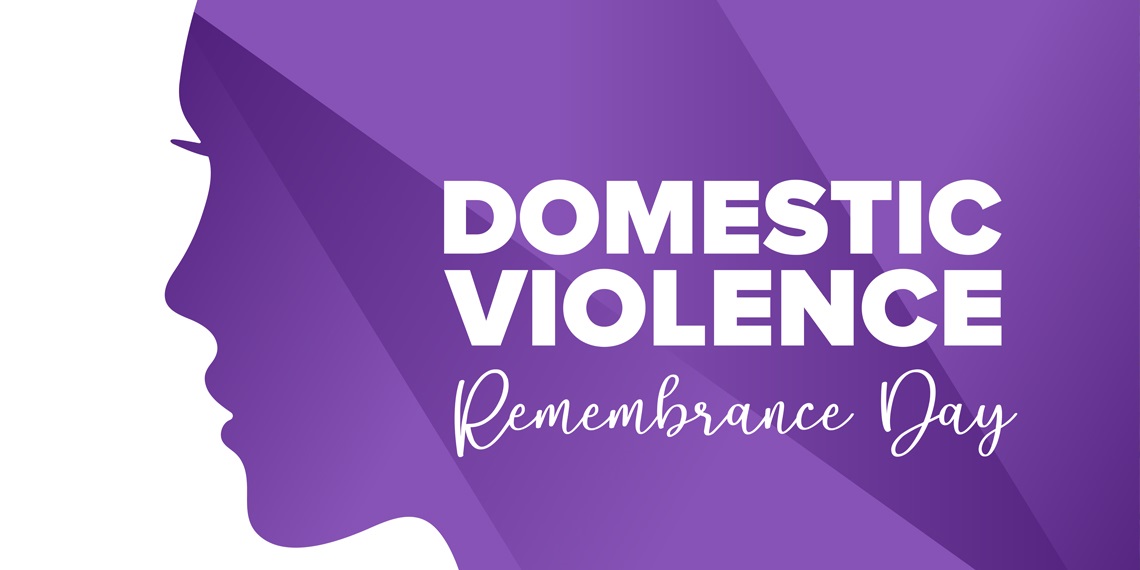During winter, you’re more likely to catch respiratory illnesses like influenza (flu), COVID-19 and respiratory syncytial virus (RSV).
These viruses can be serious, particularly if you are higher risk of severe illness but there are steps you can take to help stop the spread and keep yourself well:
- Stay up to date with your recommended vaccinations, including influenza and COVID-19.
Vaccination is still your best protection against flu and COVID-19. Older people are at higher risk of severe illness from flu and COVID-19. It’s not too late to get vaccinated this winter.
The influenza vaccine is free to everyone aged 65 and over. Getting the flu vaccine reduces your likelihood of catching flu. It also reduces your chances of needing to be hospitalised if you do get flu.
The 2023 COVID-19 booster dose is also free and recommended if you are aged 65 years or older. A COVID-19 booster is important as it will top up your protection against COVID-19 and can make you less sick if you do get the virus. You can get the booster if it has been six months since your last COVID-19 booster or COVID-19 infection.
Both COVID-19 and flu vaccines can be given at the same time if you are due.
Speak to your doctor, pharmacist or Aboriginal Medical Service today. Ask your doctor or pharmacist if they charge an administration or consultation fee.
- Stay home if you are sick.
If you have any cold or flu symptoms, stay at home and avoid close contact with other people.
If you must leave your home, wear a mask indoors and on public transport.
- If you have any cold or flu symptoms, get tested.
Talk with your doctor now if you are at higher risk of severe illness from COVID-19 or influenza to make a plan about what to do if you get sick, including what test to take, and discuss if you are eligible for antiviral medicines.
Antiviral medicines help stop the spread of the virus inside your body and helps your immune system fight off the infection. They work best when taken as soon as possible, usually within five days from when your symptoms start.
- Don’t visit people who are at higher risk of severe illness if you are sick or have tested positive to COVID-19 or influenza.
- Take a rapid antigen test to test for COVID-19 especially before visiting vulnerable loved ones.
- Get together outdoors or in large, well-ventilated spaces with open doors and windows.
- Wash or sanitise your hands often.
For more information on staying well this winter, visit health.nsw.gov.au/winter








